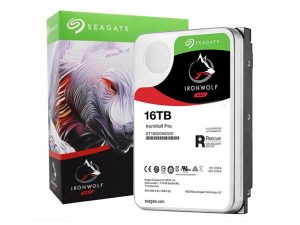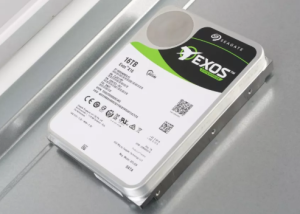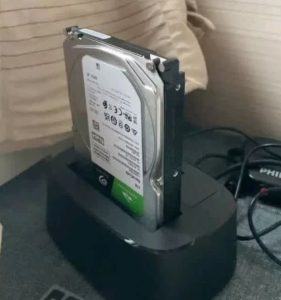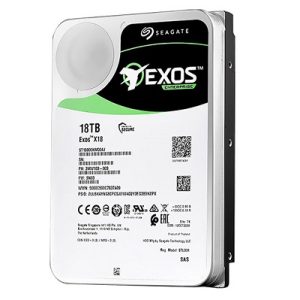In the fast-paced world of technology, ensuring the health and longevity of your storage devices is paramount. Whether you’re dealing with HDDs or SSDs, understanding their condition is essential for maintaining data integrity and system performance. In this guide, we’ll delve into the methods to check the health of your HDD or SSD, and share some top tips for extending their lifespan.
1. How to Check HDD or SSD Health?
Monitoring the health of your storage device is crucial to prevent data loss and system crashes. Here’s how you can check the health of your HDD or SSD:
Using Built-in Tools
Many operating systems come with built-in tools that can help you monitor the health of your storage devices.
- Windows: Use the ‘CrystalDiskInfo’ or ‘Windows Experience Index’ to get a quick overview of your HDD or SSD’s health.
- macOS: Use ‘Disk Utility’ to check the S.M.A.R.T. status of your drives.
- Linux: Use command-line tools like ‘smartctl’ to monitor the health status.
Third-party Software
Several third-party applications provide detailed insights into the health of your storage devices.
- CrystalDiskMark: A popular tool for checking the health and performance of your HDD or SSD.
- SeaTools: Offered by Seagate, this tool is specifically designed to check the health of Seagate drives.
2. Factors Affecting HDD or SSD Lifespan
Understanding the factors that affect the lifespan of your storage devices can help you take better care of them. Here are two crucial factors to consider:
Temperature
Excessive heat can significantly reduce the lifespan of your HDD or SSD. Keeping your device cool is essential for its longevity. Use cooling solutions if necessary to maintain optimal temperatures.
Data Wear and Tear
Frequent read/write operations can wear down your storage device over time. Using efficient data management practices can help extend the lifespan of your HDD or SSD.
3. Top Tips for Extending HDD or SSD Lifespan
By following some simple tips, you can significantly extend the lifespan of your storage devices:
Regular Maintenance
Perform regular maintenance tasks such as disk cleanup and defragmentation to keep your storage device in top shape.
Avoid Power Surges
Power surges can damage your storage device. Use surge protectors to safeguard your device from electrical fluctuations.
Backup Regularly
Frequent backups can help reduce the wear and tear on your storage device by minimizing the need for frequent read/write operations.
In conclusion, understanding how to check the health of your HDD or SSD and taking steps to extend their lifespan is vital for any tech enthusiast or professional. By keeping an eye on the health of your storage devices and following the tips outlined above, you can ensure optimal performance and longevity.
When it comes to procuring high-quality, reliable HDDs, HUAYI INTERNATIONAL LIMITED stands out as a trusted Seagate enterprise-level storage solutions provider. As a Seagate enterprise-level HDD agent, we offer a range of benefits including transaction security, stable supply, 3-year quality assurance, and robust after-sales support. Choose us for your bulk HDD procurement needs and experience the difference in quality and service.




